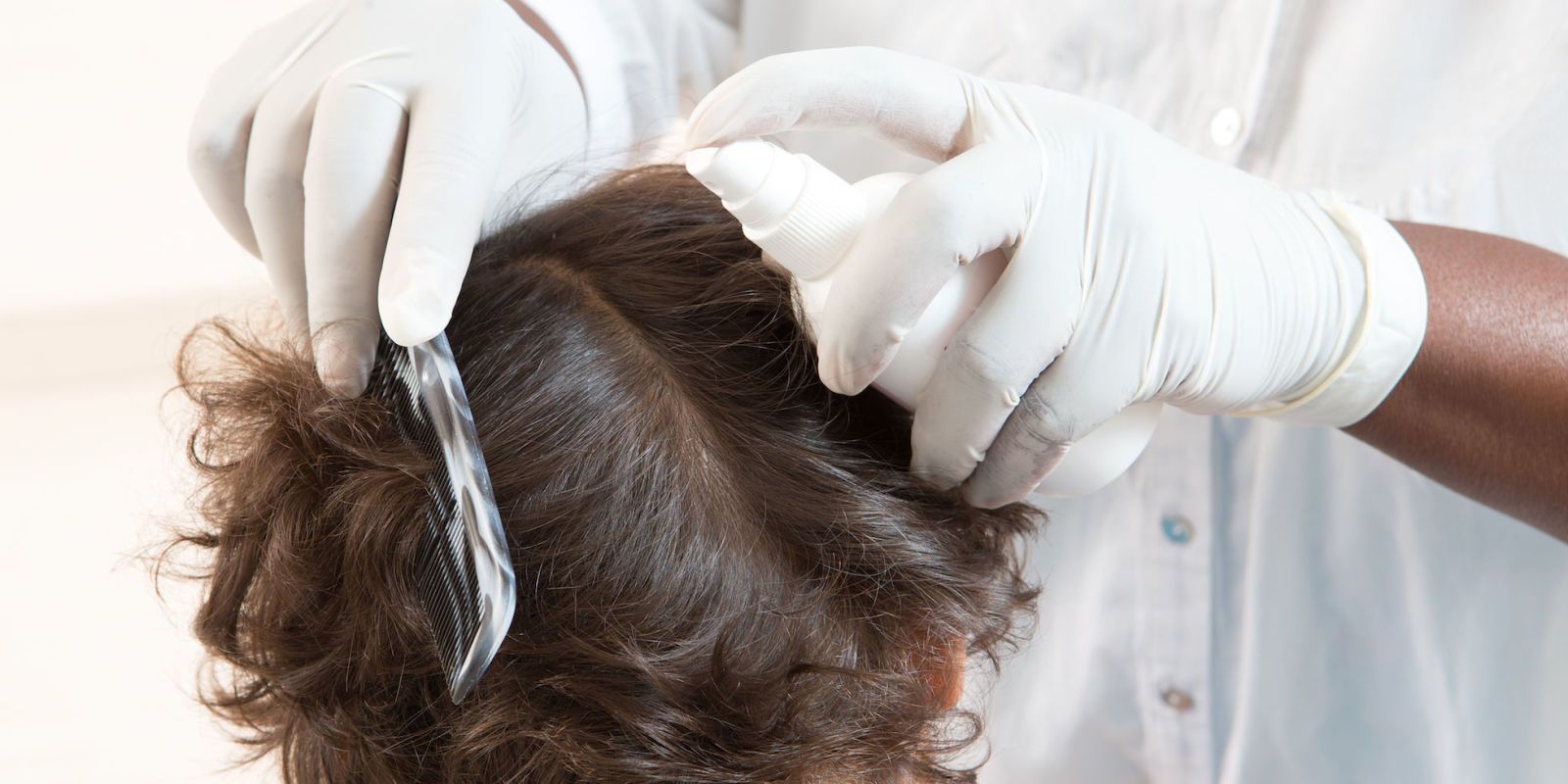

While this trade-off affects the fitness of the organism, alterations of the bacterial community the pest is exposed to can reinforce and strengthen the pest. For instance, diamondback moths resistant to fipronil and chlorpyrifos are found to contain higher levels of Lactobacillales, Pseudomonadales, and Xanthomonadales bacteria than non-resistant moths. The first involves the pest accepting a physiological trade-off, where a pest is able to better withstand an insecticide at the cost of losing its ability to regulate certain gut bacterium. The authors identify two overarching methods through which microbes help confer resistance to toxic pesticides. The review adds to the numerous ways pests can evade the effects of chemical agriculture, reinforcing calls from recent studies showing that the best method of addressing this issue is to simply stop using synthetic pesticides and employ alternative pest management practices. “Whether you’re looking at agricultural pests, household pests like cockroaches, or medical pests like disease-carrying mosquitoes, insects are great at adapting to whatever we throw at them, especially when it comes to different chemicals,†said lead author Jose Pietri, Ph.D to Entomology Today. ( Beyond Pesticides, May 9, 2018) An insect’s gut microbiome plays an important role in conferring pesticide resistance, according to a new review published in the Annals of the Entomological Society of America. EPA Permits Experimental Release of 2.5 Billion Genetically Engineered Mosquitoes in California and Florida (28,156).Nitrate Pollution in Groundwater Linked to Birth Defects, Cancers and Thyroid Problems (29,891).Monarch Butterfly Numbers Keep Declining (31,540).Community Passes Resolution Banning Neonicotinoids (37,846).Cosmetic Lawn Pesticide Use Outlawed In Takoma Park, MD, First Local Ban Of Its Type in U.S.EPA and CDC Mislead Local and State Officials and the Public on Safety of Mosquito Pesticides Used for Zika Virus (38,234).to End Herbicide’s Use and Advance Alternatives (40,608) Glyphosate Classified Carcinogenic by International Cancer Agency, Group Calls on U.S.Over Two Million Bees Killed after Aerial Mosquito Spraying in South Carolina (49,056).Glyphosate Causes Changes to DNA Function Resulting in Chronic Disease, According to Study (51,242).Lawsuit Challenges TruGreen Chemical Lawn Care Company for Deceptive Safety Claims Pesticide Applications Stopped by Some States During COVID-19 Crisis as Nonessential (60,578).Statement: Beyond Pesticides Stands with Black Lives Matter.Beyond Pesticides Makes Science-based Case that It Is Imperative to Phase Out Pesticides in a Decade.

EPA's Pesticides Office Labeled as a Failure.Rodale Institute Honors 2021 Organic Pioneer Award Winners.



 0 kommentar(er)
0 kommentar(er)
